Heart Disease: Important Signs, Symptoms and Types of Heart Problems
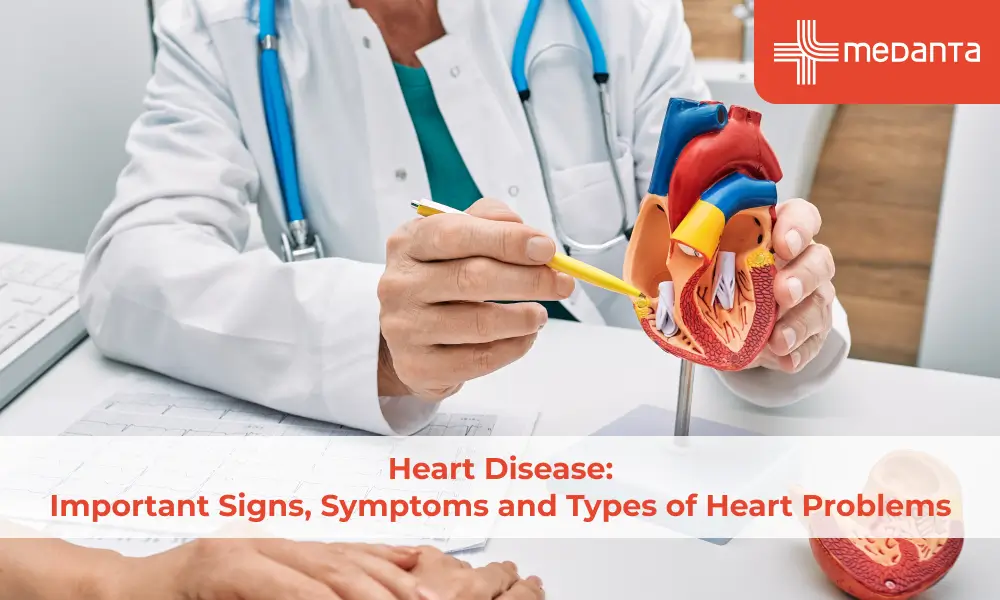
Heart disease is a large field of study and it can be hard to understand the different manifestations of its many variants.
8 Common Signs and Symptoms of Heart Disease
Here are the eight most common signs of impending cardiovascular disease that you need to look out for.
-
Congenital Heart Disease
This is a range of birth defects of the heart. Common defects can involve issues of the formation of the hearts valves, walls, arteries, and veins.
-
Symptoms in adults are:
-
Strained breathing
-
Limited capacity for physical activity
-
-
Symptoms in children further include:
-
Cyanosis - a blue discolouration in the skin, lips, and nails
-
Lack of appetite
-
Rapid breaths
-
Inability to gain weight
-
Repeated infections of the lung
-
Limited capacity for exercise
-
-
-
Heart Failure
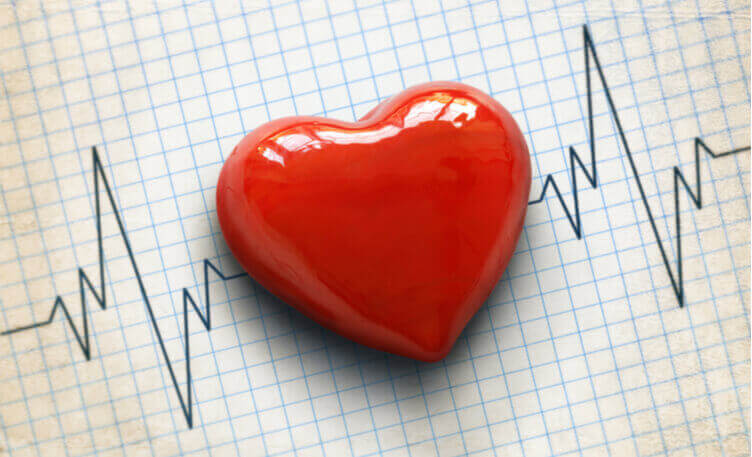
Heart failure or congestive heart failure is a condition caused by the inability of the heart to efficiently pump blood to the body due to issues like high blood pressure and narrow arteries.
Heart failure symptoms include:-
Short breath accompanied by a chronic dry cough
-
Unnatural increase in weight
-
Swollen legs or abdomen
-
Giddiness
-
General tiredness
-
Accelerated and erratic heartbeats
-
Nausea
-
Heart palpitations
-
Erratic sleep pattern
-
-
Heart Attack
A heart attack (also known as a Myocardial Infarction) is a term for the cardiac tissue damage caused by the abrupt cessation of blood flow to the muscles of your heart.
Heart Attack symptoms include:-
Aching, heaviness, or squeezing pain in the left arm or chest
-
The bloated feeling of heartburn, indigestion, choked throat
-
Aching pains that travel to your back, arm, throat, and jaws
-
Dizzy feeling accompanied by profuse sweats and retching
-
Acute weakness, feelings of anxiousness
-
Erratic and accelerated heartbeats
-
-
Heart Valve Disease
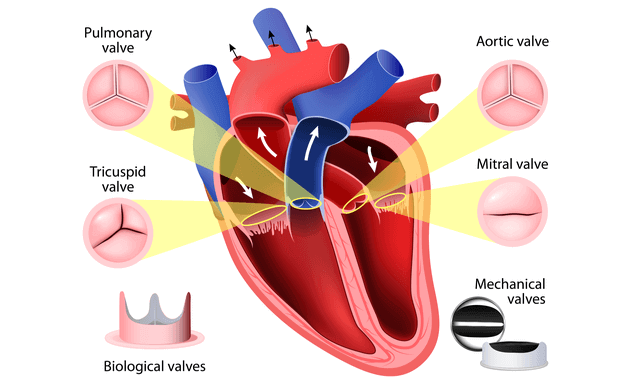
Heart valve disease, as the name suggests is caused due to restricted blood flow to the heart resulting from defects in one or more of its valves.
Symptoms of Heart Valve Disease include:-
Difficulty in breathing
-
Vertigo
-
Swooning and blackouts
-
Heaviness in the chest during physical activity
-
Heart palpitations
-
Heart murmurs
-
Swollen feet and abdomen
-
Unnatural increase in weight
-
-
Heart Muscle Disease (Cardiomyopathy)
Cardiomyopathy is a condition caused by the hardening of the heart muscles. This condition affects the heart's ability to effectively pump blood to your body.
Symptoms of Heart Muscle Disease include:-
Squeezing pains in the chest especially after physical activity
-
Acute heart failure
-
Swollen limbs
-
Tiredness
-
Blackouts
-
Heart flutters
-
-
Arrhythmia
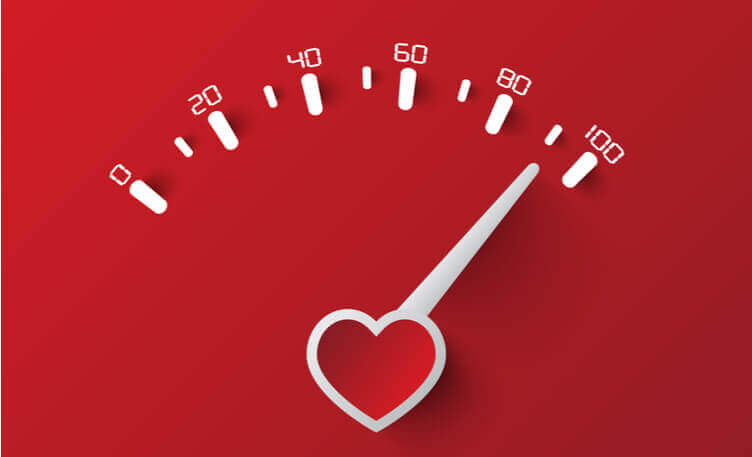
This condition is caused due to abnormal irregularities in the rhythm and rate of your heartbeats. It can cause your heart to either beat faster or slower than its usual rate.
Symptoms of Arrhythmia include:-
Skipped heartbeats
-
Heavy drumming in the chest
-
Vertigo and blackouts
-
Staggered breathing
-
Aching chest
-
General tiredness
-
-
Coronary Artery Disease
Coronary Artery Disease occurs due to the buildup of plaque in the arteries which severely restricts the flow of blood to the heart.
Symptoms of Coronary Artery Disease include:-
Angina - burning chest pain due to low blood flow to the heart. This discomfort is usually mistaken for burning indigestion. It can also be felt in other areas of the upper body like the back, neck, and shoulders.
-
Staggered breath
-
Palpitations in the heart
-
Rapid heartbeats
-
Acute tiredness, vertigo
-
Nausea
-
Profuse sweating
-
-
Pericarditis
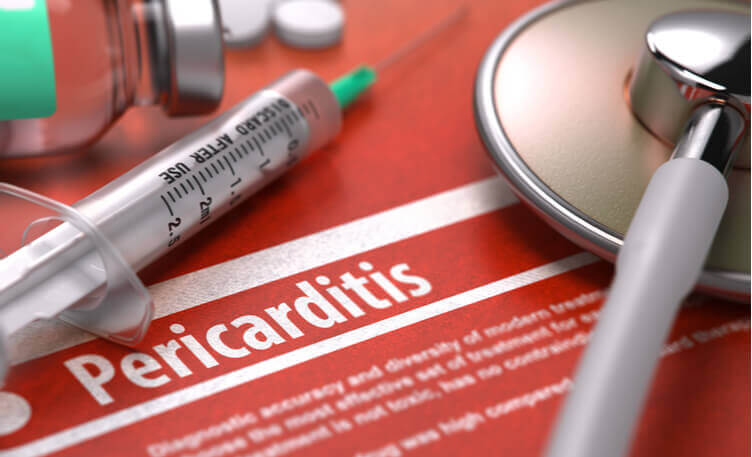
Pericarditis is caused by inflammation and swelling of the thin membrane that surrounds the heart.
Pericarditis Symptoms include:-
Chest pain: Pericarditis pains are sharp and centrally targeted to the chest. The pain can spread to the neck, back, and upper limbs and is amplified if you try to lie flat, cough, swallow or take deep breaths.
-
Mild temperature
-
Elevated heart rate
-
Finally, it is important to move quickly in case you feel like you're having a heart attack. Call emergency services to quickly transport yourself to your nearest hospital to ensure minimal damage during a cardiac arrest.






